Donate
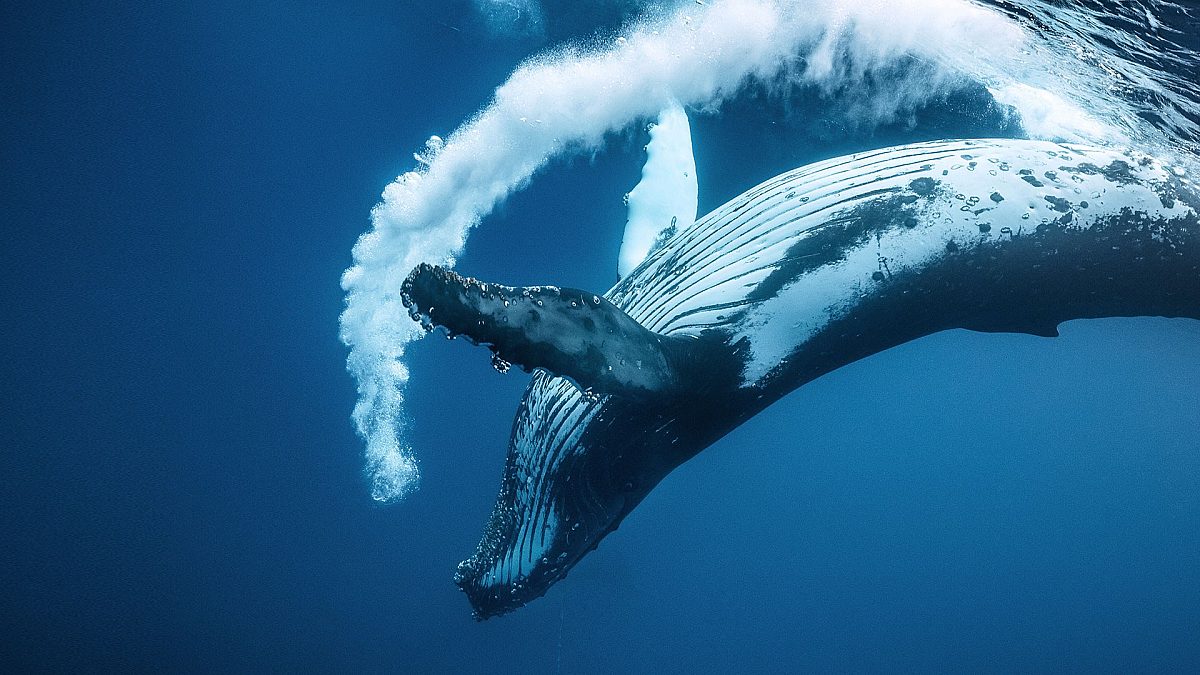
Stop the Mindless Release
Protect our ocean wonders, stop fossil fuel exploration in our marine wilderness.
There is no room for more oil and gas. From Ningaloo Reef to the Great Australian Bight, Australia’s waters protect rare and spectacular marine life—much of which is found nowhere else on Earth. If they’re lost from these oceans, they’re lost for good.
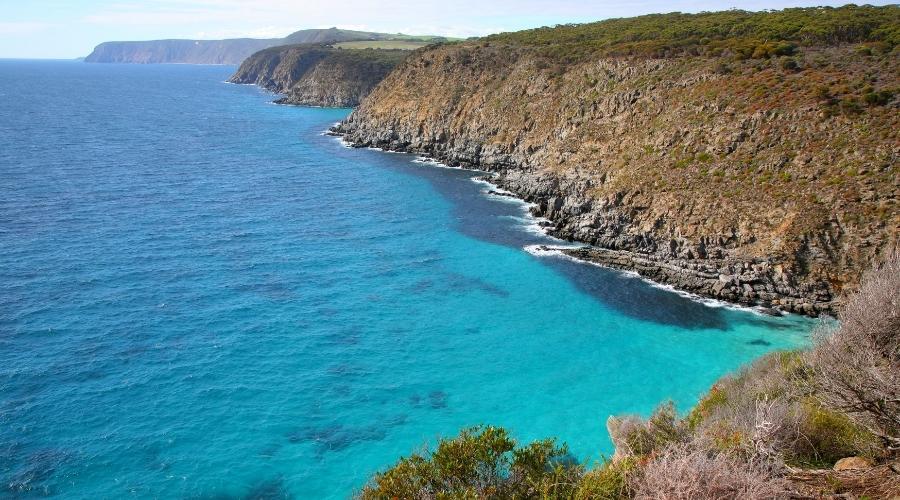
Each year, the ‘offshore acreage release’ process allows oil and gas companies to start a chain of destruction in Australia’s oceans. Seismic blasting wipes out small marine life and disrupts the migrations of dolphins and whales. And if companies drill for oil, marine creatures risk being suffocated in an oil spill disaster.
Together we can empower communities around Australia to keep pushing back oil and gas companies. You’ll also help transform the decision-making process, so we can keep fossil fuel barons out of our oceans for good.
Help end this madness, donate today!
This year, the Australian government released an area of marine wilderness the size of lutruwita / Tasmania for fossil fuel exploration. Communities have little say in this annual process, which opens up oceans to some of the most destructive activities on the planet.
From start to finish, fossil fuel exploration is devastating for Australian oceans. It begins with deafening seismic blasting and often ends in drilling of the sea floor. An oil spill would be catastrophic, with the potential to wipe out marine animals not found anywhere else on Earth.
Seismic blasting is devastating for marine life—and that’s just the start
- Seismic blasting fires loud explosions every 10-15 seconds 24 hours a day.
- One blast from a sonar air gun can kill tiny zooplankton more than a kilometre away.
- It can damage whales’ hearing and keep them from vital feeding and breeding grounds.
- The noise reaches 250 decibels—which is 70 decibels louder than a rocket launch.
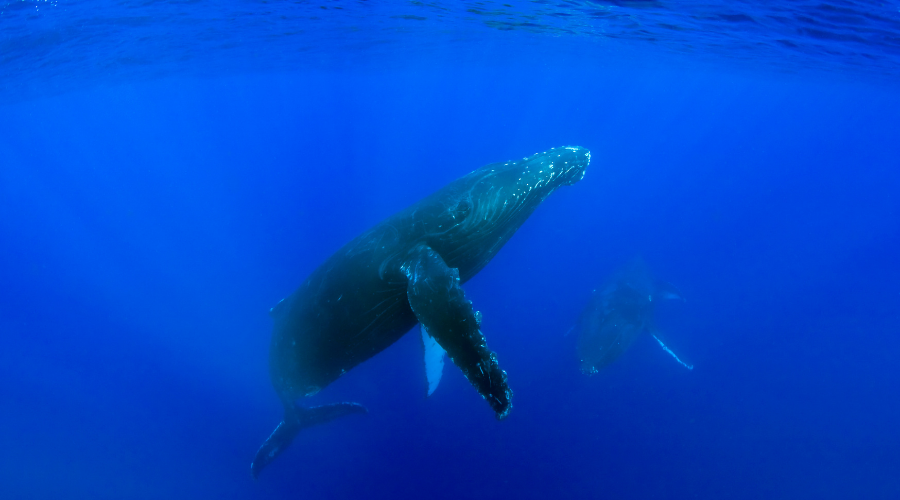
For a safe climate and healthy oceans, we must stop new fossil fuel projects
The expert global International Energy Agency (IEA) announced in May that to achieve net-zero emissions by 2050, there should be no new oil and gas exploration at all from this year onwards.
Yet new oil and gas exploration proposals are threatening some of Australia’s most iconic and important wilderness areas—like the Kimberley, the Munga-Thirri / Simpson Desert and the Great Australian Bight.
Like the IEA, we know the best time to stop these irresponsible new fossil fuel developments is before they even start.
With the support of thousands of people like you, we kicked Santos, Equinor, BP and Chevron out of the Great Australian Bight.
Together, we can continue to expose the mindlessness of the ongoing release of new acreage to this industry and take on the big corporations that put places of World Heritage value at risk to extract more oil and gas that we simply don’t need.
Donate today
Unique marine wildernesses under threat
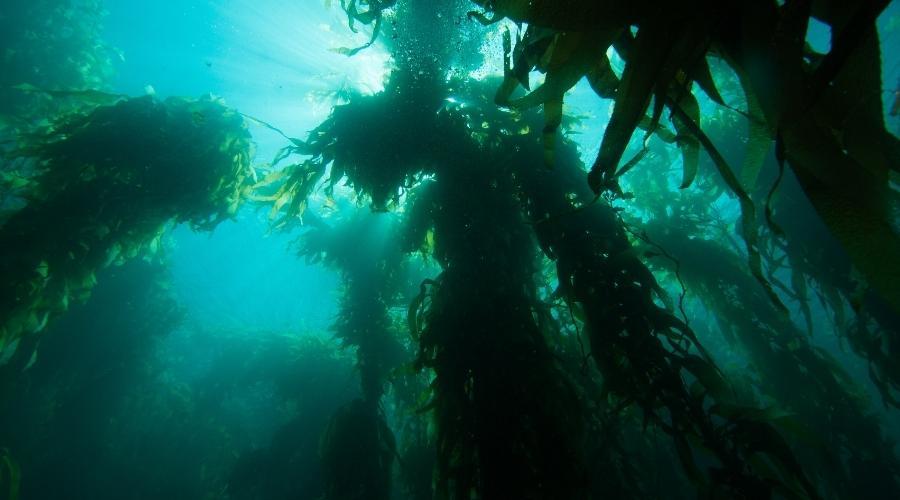
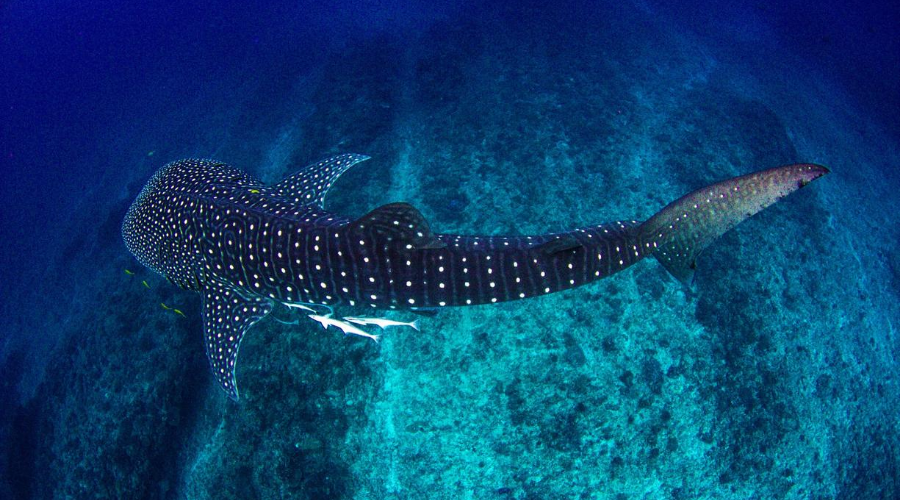
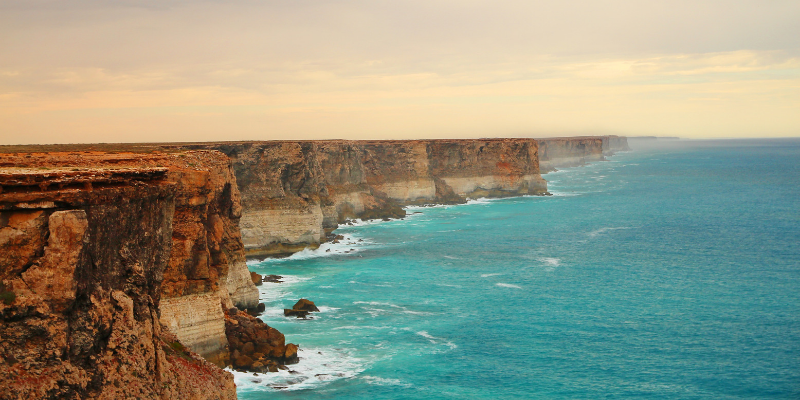
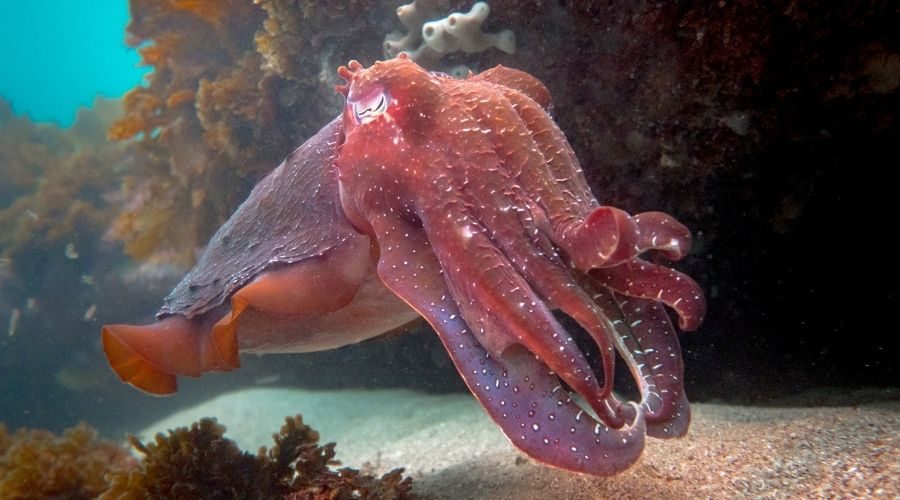
lutruwita’s kelp forests
Off the coast of lutruwita / Tasmania, giant kelp forests grow up to 45 metres from the ocean floor. These towering underwater jungles support an abundance of life, including the weedy seadragon, giant cuttlefish, seals, great white sharks and many big fish species. They also play a vital role in absorbing carbon. Kelp forests are already shrinking with the impact of climate change. Tragically, recent moves to open up oil and gas exploration off lutruwita / Tasmania’s coasts could risk some of the last we have left.
Ningaloo Coast
Western Australia’s Ningaloo and Gutharraguda / Shark Bay (Malagana Country) is World Heritage listed for its exceptional biodiversity. It’s home to one of the world’s longest fringing reefs and many rare species, including large populations of sea turtles and huge whale sharks who feed here for half the year. With your support, Wilderness Society saved an area off Ningaloo and Gutharraguda / Shark Bay (Malagana Country) from last year’s acreage release. But more must be done to stop the relentless push of oil and gas into this iconic region.
The Great Australian Bight
On Australia’s rugged southern coast, the Bight is a vital nursery for the southern right whale—which is nationally listed as endangered. Dozens more species of dolphins and whales, as well as endangered sea lions, also live here. Over 85% of the Bight’s animals and plants aren’t found anywhere else on Earth. With the help of passionate people like you, Wilderness Society, together with Mirning, the Traditional Owners of these lands and waters, kept the Bight safe from Big Oil. Now we need your help to protect this remarkable marine environment for good.
The Great Southern Reef (GSR)
Fringing southern Australia from Western Australia to northern New South Wales, is one of the world’s most pristine, life-giving reefs. The GSR is home to thousands of species, including whales, Australian sealions, little penguins, giant cuttlefish (pictured), leafy seadragons and lutruwita / Tasmania’s giant kelp forests. Yet acreage releases off the coast of Victoria and Tasmania mean this vital, interconnected system could be devastated by fossil fuel exploration.
Please help keep Australia’s oceans safe
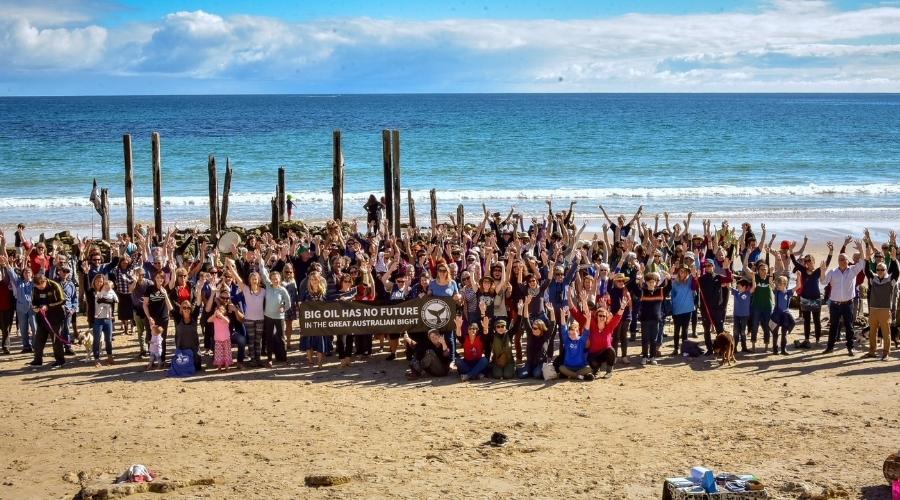
- Tell Australians about the beautiful marine ecosystems being handed over for oil and gas exploitation.
- Support coastal communities to defend the oceans they love and depend on.
- Change the acreage release process, so it favours nature and people over fossil fuel companies.